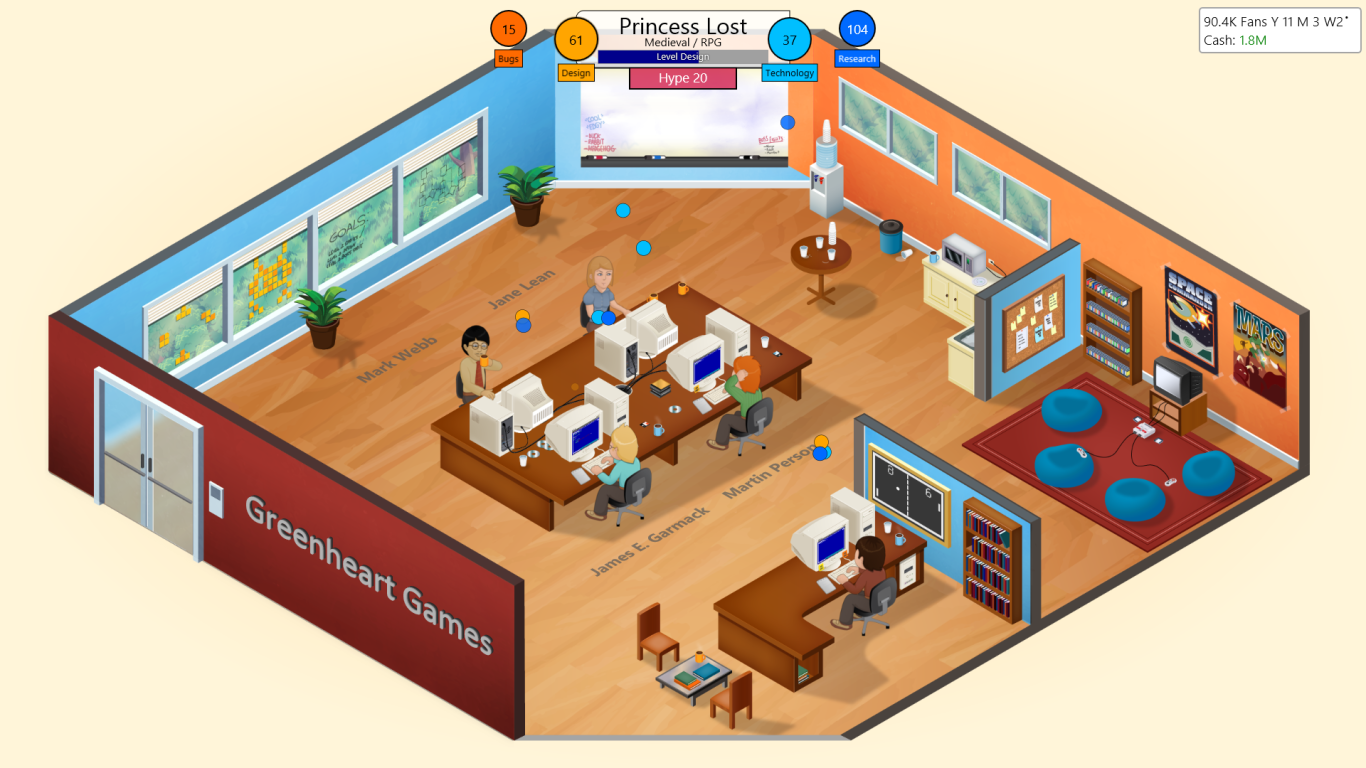June 3, 2013 ? Diseases such as tuberculosis, anthrax and shigellosis -- a severe food-borne illness -- eventually could be treated with an entirely new and more-effective kind of antibiotic, thanks to a team of scientists led by Kenneth Keiler, an associate professor of biochemistry and molecular biology at Penn State. The team describes 46 previously untested molecules that target and disrupt an important step in the process of protein synthesis in bacteria, thereby making the bacteria incapable of replicating.
This important step, known as "trans-translation," is a quality-control mechanism that is found in all species of bacteria. "If you imagine a bacterium's protein-synthesis pathway as a factory assembly line, trans-translation is responsible for keeping the assembly line moving," Keiler said. "Faulty messenger RNA -- which conveys genetic information from DNA to proteins -- can block the bacterium's synthesis machinery. But the trans-translation mechanism removes these blockages from the assembly line, thereby keeping the bacterium's system running smoothly." Keiler explained. "The bacterium would not be able to synthesize the proteins that it needs for survival without the trans-translation mechanism." Plants and animals, do not seem to have or need this trans-translation process.
Keiler discovered the previously unknown trans-translation process in bacteria when he was a graduate student in 1996. Since then, he has been working to find molecules capable of disrupting this part of bacteria's protein-synthesis pathway. "The idea is to throw a wrench into the protein-synthesis assembly line and prevent bacterial organisms from making copies of themselves," Keiler said.
To discover which small molecules might be capable of disrupting trans-translation, the team began with a process called high-throughput screening -- a method of trying out many thousands of small molecules with the hope of discovering one or more that might be effective at combatting certain pathogens. "Our team tested about 663,000 different molecules against a strain of E. coli bacteria and monitored how they were affecting its trans-translation process," Keiler said. At the end of this phase of testing, Keiler and his team had found 46 different molecules that appeared to be effective in disrupting the trans-translation process.
The next step was to test these molecules' performance in another genus of bacteria (Shigella) that is known to cause food poisoning. This genus is related to Salmonella and to the organism that causes anthrax (Bacillus anthracis), which sometimes can be lethal in humans and other animals. "Of the 46 molecules that were shown to affect trans-translation, one called KKL-35 jumped out as the most promising," Keiler said. "We found that the KKL-35 molecule inhibits the growth of very distantly related bacteria, and this suggests that it may have antibiotic activity against a very broad spectrum of species."
As for the Shigella and Bacillus anthracis bacteria, Keiler said his team was able to show that, "in the presence of the KKL-35 molecule, these cells died specifically because the molecule halted the trans-translation process." Keiler's team also found that, compared with currently used tuberculosis drug therapies, the KKL-35 molecule was 100-times more effective at inhibiting the growth of the strain of bacteria that causes tuberculosis (Mycobacterium tuberculosis).
Keiler added that one of the most exciting features of an antibiotic designed from the KKL-35 molecule is that drug resistance is not very likely to develop in mutant strains of the targeted bacteria. "In our laboratory experiments, we found no mutant strains that were resistant to KKL-35," Keiler said. "Resistant mutants probably could evolve eventually, but at least it looks like it will be very difficult. That means resistant mutants might be slow to arise and spread."
The research was funded by the National Institutes of Health.
Source: http://feeds.sciencedaily.com/~r/sciencedaily/top_news/~3/BOWhk8G8H6k/130603163809.htm
Amy Weber Happy Halloween! Star Wars Episode 7 jfk airport faith hill metro north taco bell


